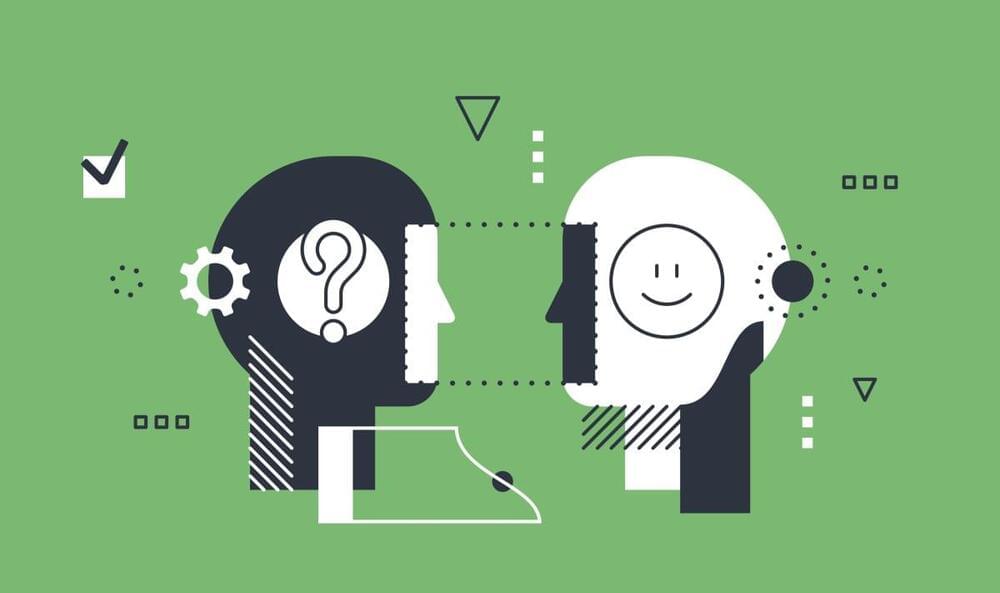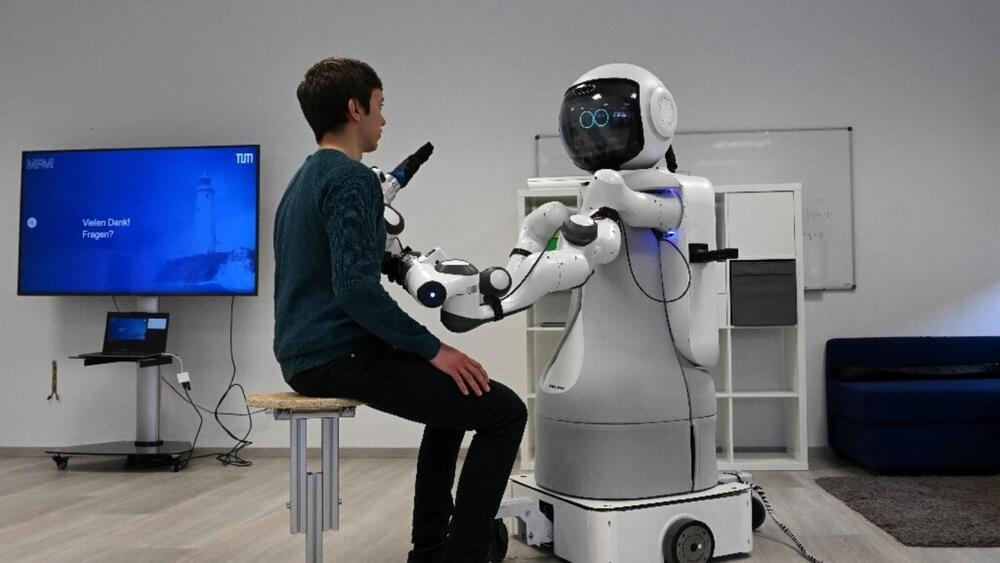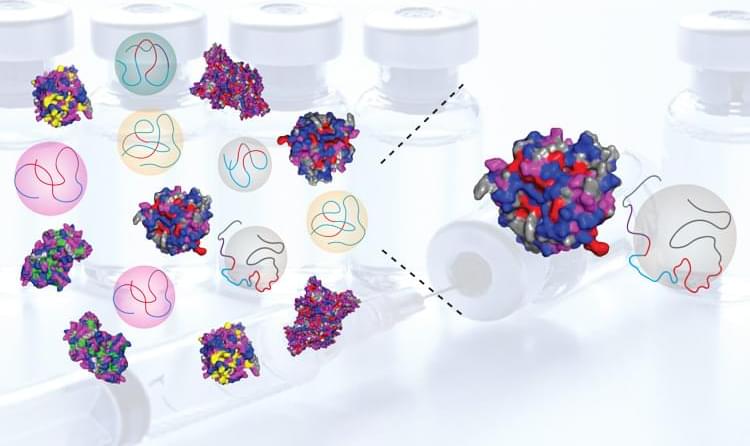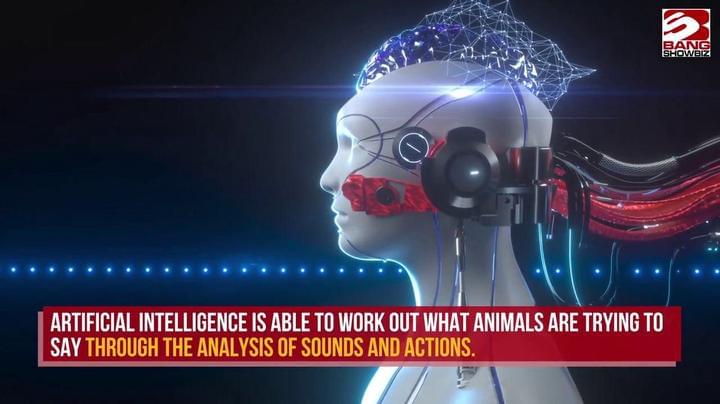Google has taken the wraps off Bard, its conversational AI meant to compete with ChatGPT and other large language models. But after its shaky debut, users may understandably be a bit wary of trusting the system — so we compared it on a few example prompts with its AI peers, GPT-4 and Claude.
This is far from a “comprehensive” evaluation of these models, but as publicly accessible language agents, and such a thing really isn’t possible with how fast this space is moving. But it should give a general idea of where these three LLMs are right now.








